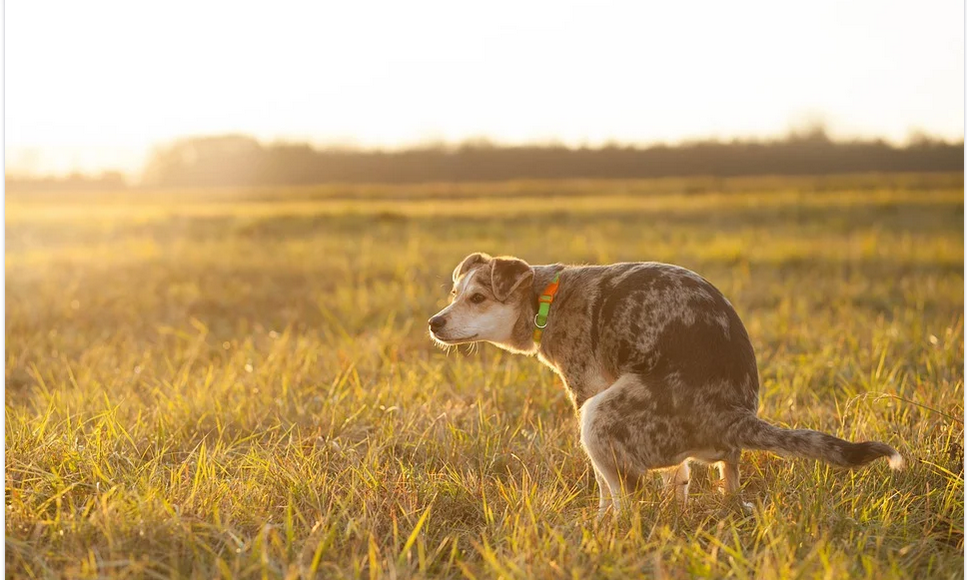Although discussing matters to do with poop is not a comfortable topic, it is vital because regular bowel movements ensure good health among humans and even animals, including dogs. When your dog does not poop as frequently as it should, that means there is something not okay and needs to be examined before health problems develop. Therefore, it is vital to know how long to wait for dog to poop after they eat their meals.
Below are some key things you need to know about your dog’s pooping schedule:
How Many Times Should Your Dog Poop in a Day?
 Generally, your dog will need to have a potty break after every meal. This implies that the more the meals, the more times the dog will defecate. Typically, an average adult canine poops one to five times a day, but puppies will need to defecate more frequently. Nevertheless, the frequency of pooping also depends on other factors like the amount of food your dog ate the previous day, the amount of fiber that the food contained, the medications they may be using, etc.
Generally, your dog will need to have a potty break after every meal. This implies that the more the meals, the more times the dog will defecate. Typically, an average adult canine poops one to five times a day, but puppies will need to defecate more frequently. Nevertheless, the frequency of pooping also depends on other factors like the amount of food your dog ate the previous day, the amount of fiber that the food contained, the medications they may be using, etc.
The pooping frequency tends to vary from one canine to another, so the critical thing you need to be cautious about is to see that your dog’s defecation schedule remains consistent every day. If you notice some changes in their usual schedule of passing stool, that could indicate that something is wrong.
Which Factors Determine a Dog’s Pooping Frequency?
Your dog may defecate once in a day while your neighbor’s canine may do so three to five times, and still, that be normal. Some things come to play in determining the normal frequency of bowel movements for each dog. The factors include:
- Age -puppies need to go more frequently than adults. Also, senior dogs need to poop more often than they did as adults.
- Food intake– If your dog had an extra portion yesterday, you should expect it to poop more times today. And if the canine is fasting, expect a reduction in pooping frequency.
- Constipation – a drop in the number of bowels breaks for your dog in a day could be an early indicator of constipation. If the pet does not have bowel movements for a couple of days, consider having it seen by a vet.
- Fiber– a diet with higher fiber content will mean more pooping frequency
- Diarrhea – when a dog has a particular abdominal issue, maybe after eating yucky stuff, it can suffer diarrhea and tend to have frequent bowel movements.


